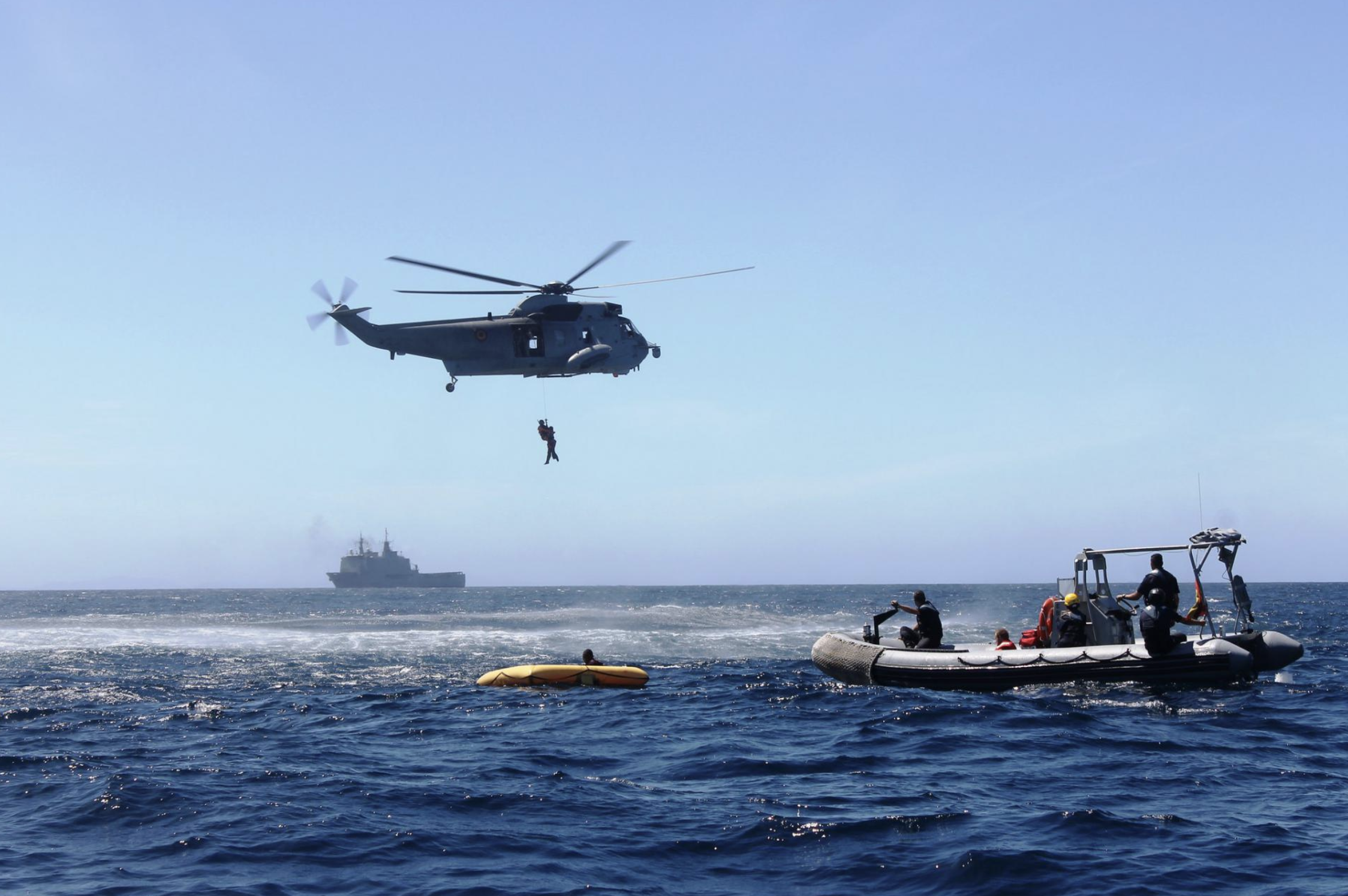
In recent years, Africa has increasingly focused on addressing the pressing issue of maritime security, recognizing the vital importance of safeguarding its extensive coastlines and strategic maritime routes. With challenges ranging from piracy and illegal fishing to trafficking, countries across the continent are banding together to strengthen maritime safety and security.
The Yaoundé Code of Conduct and the African Maritime Security Architecture stand as significant initiatives in this endeavor. These frameworks aim to enhance cooperation among African nations, as well as with international partners, to effectively combat maritime threats and ensure the sustainable development of maritime resources.
Piracy remains a major concern in certain maritime regions, particularly off the coast of Somalia and in the Gulf of Guinea. Incidents of piracy not only jeopardize the safety of seafarers and vessels but also have significant economic ramifications, affecting trade and maritime activities.
Illegal, unreported, and unregulated (IUU) fishing pose another significant challenge to Africa’s maritime security. IUU fishing not only depletes fish stocks but also undermines the livelihoods of coastal communities and threatens food security in many African countries.
Moreover, maritime trafficking, including the smuggling of drugs, weapons, and even people, contributes to instability and insecurity in the region. These illicit activities often exploit the porosity of maritime borders and weak enforcement capacities, necessitating coordinated efforts to combat them effectively.
The Yaoundé Code of Conduct, adopted in 2013 under the auspices of the Economic Community of Central African States (ECCAS) and the Economic Community of West African States (ECOWAS), provides a comprehensive framework for maritime security cooperation in the Gulf of Guinea. Signatory states commit to enhancing maritime domain awareness, law enforcement cooperation, and capacity building to address maritime threats collectively.
Similarly, the African Maritime Security Architecture, developed under the African Union’s Integrated Maritime Strategy (AIMS) 2050, seeks to strengthen maritime governance and security across the continent. The architecture emphasizes the importance of regional cooperation, information sharing, and institutional capacity building to address maritime challenges effectively.
While significant strides have been made in advancing maritime security in Africa, numerous challenges persist. Implementation gaps, resource constraints, and the transnational nature of maritime threats continue to test the effectiveness of existing initiatives.
Nevertheless, the commitment of African nations to collaborate and prioritize maritime security underscores the recognition of the critical role that safe and secure seas play in the continent’s prosperity and stability. By strengthening cooperation, enhancing capacity, and leveraging international support, Africa is working towards a safer and more secure maritime domain for the benefit of its people and the sustainable development of its coastal economies.
